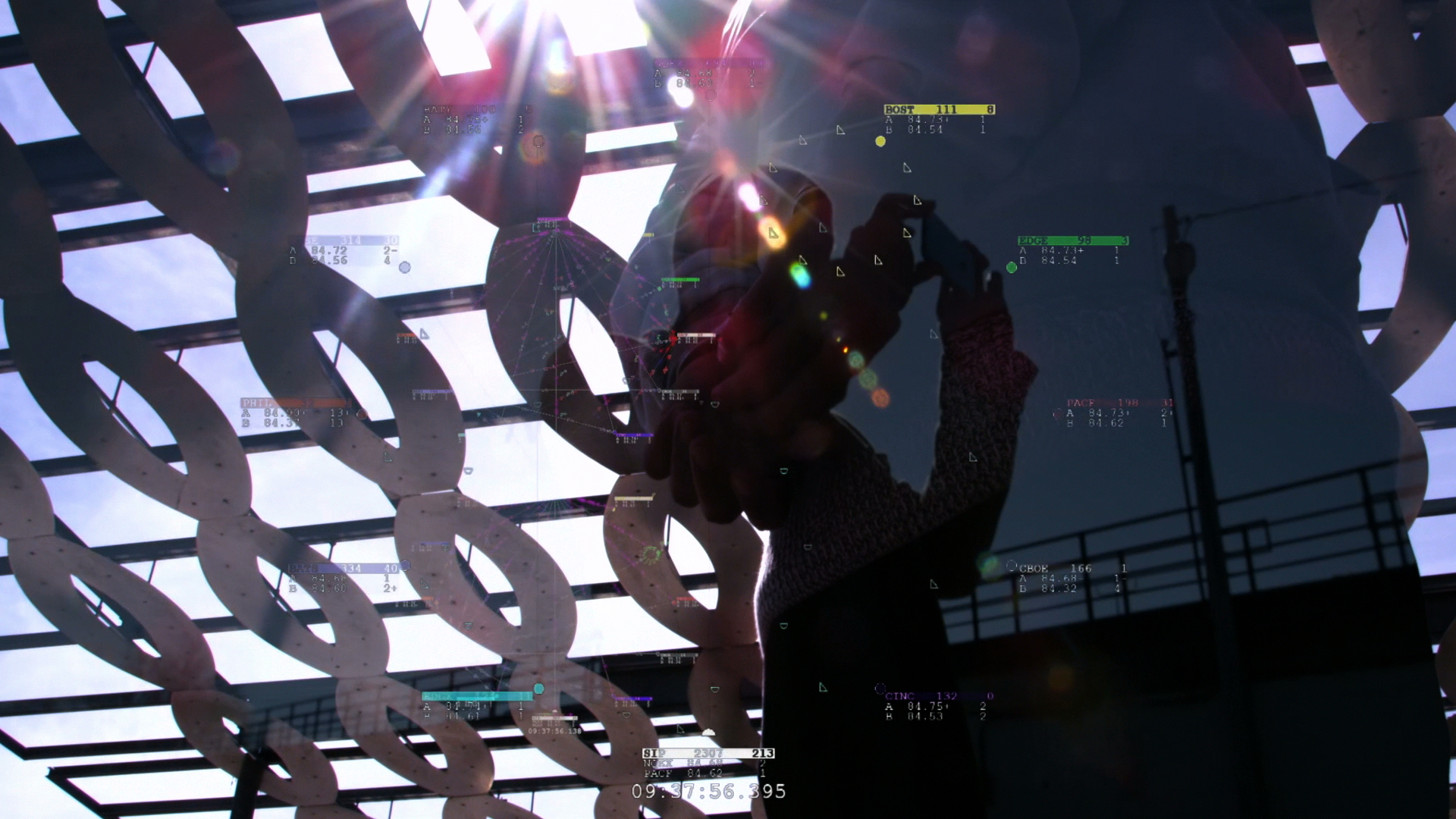88:88
Selected and introduced by Anna Zett.
When asked which film has shaped my understanding of documentary ethics, I can think of many films that I would rather not show. I can think of films that were presented in my studies or in an art context because they are ethically problematic and interesting from a historical perspective for that very reason. In trying to describe my understanding of documentary ethics, I realise that I am primarily concerned with the type of relationship a film establishes with me as a viewer and the role the depicted persons and events (should) play in this fictional group constellation. As a viewer, I don’t only cognitively grasp what a film presents on an aesthetic and political level, but I also emotionally experience what happens to me at an interpersonal level. What kind of experience is the film trying to offer me and how much space does it allow for my own associations? The close awareness of my own affective and analytical reactions to the film helps me to understand the purpose of a film.
I saw 88:88 by Isiah Medina in 2016 at a film festival I was invited to with my essay film This Unwieldy Object. Later I posted a link to the film on Facebook and wrote: “When I saw this film at November Festival in London a few weeks ago it made a massive impression on me. I think I saw a mathematical, messy, extremely controlled, and painfully intimate film about infinity or poverty, or both. 88:88 comes very close to what I imagine a brain-upload to look like.” Since I am now artistically and personally engaged with other questions than I was back then, I would describe the viewing experience differently today. The brittle presence that plays the main role in this film also seems to differ from today. But in terms of my desire for films with a wide emotional and intellectual scope, this film continues to be a very inspiring example for me.
